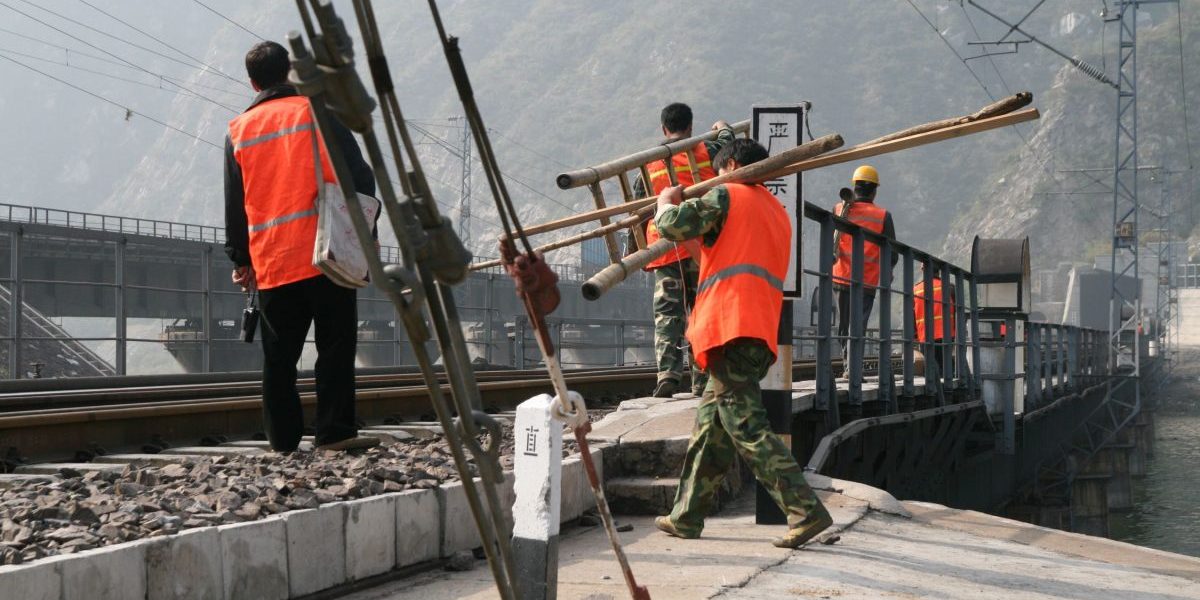The SGR is part of China’s new ‘Belt and Road Initiative’ and aims to open East and Central Africa up to international trade and investment. Much like other Chinese infrastructure projects in Africa, the SGR has sparked controversy around its economic viability, corruption, opaque contracting practices, financing arrangements, and community and labor issues. This working paper examines the way local Kenyan politics have affected implementation of the SGR. The paper also points to initial and immediate development opportunities for local content, jobs, and skills while arguing for a more rigorous assessment of the SGR’s economic development potential. Unless Kenya overhauls its governance framework on the issues outlined here, infrastructure projects risk overshooting initial budgets and reducing the willingness of neighboring countries or foreign investors to engage in future initiatives in Kenya. This counters widespread rhetoric that cites China’s assumed predatory behavior as to blame for many problems. The research presented here was conducted during the construction phase through in-depth interviews, extensive review of publicly available documents and media sources, and three field visits to project sites in 20142015.








